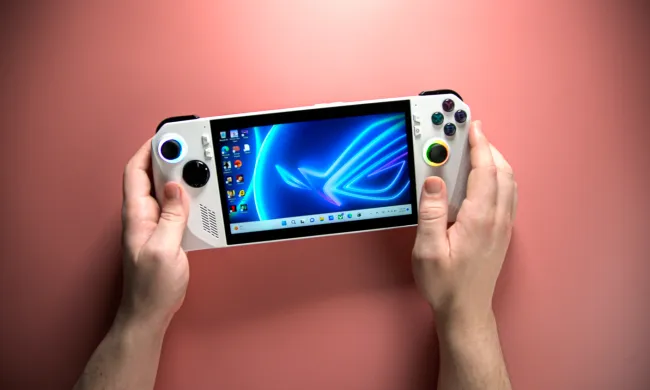A day after Windows 11 launched, AMD posted a notice about two severe bugs that could tank performance as much as 15%. The two issues are resolved now. One fix comes from AMD, while you can obtain the other through Windows Update.
The AMD update is focused on UEFI CPPC2, or in practical terms, AMD’s preferred core feature. The Windows 11 bug wouldn’t put the most demanding work on the fastest core, leading to decreased performance overall. You can download the chipset driver update now (revision 3.10.08.506) from AMD’s website. As a reminder, this update is relevant to all AMD processors that work with Windows 11.

Microsoft just released a patch for the issue that many Windows 11 users are concerned about that can reduce gaming performance as much as 15%. This bug is related to increased L3 cache latency. It’s the lowest level of cache on the CPU, and increased latency means it clogs up data flowing into the CPU and up to the higher levels of cache.
Originally, Windows 11 could nearly double the latency of the L3 cache. Microsoft issued a patch for Windows 11 on its normal Patch Tuesday, and we hoped to see the problem resolved. But the update made the L3 cache latency issue worse, more than tripling the latency in some processors.
Microsoft issued a patch fixing this issue to Windows Insiders on October 15. Now, the patch is rolling out to the general public. To update, use Windows Key + S, search for Windows Update, and select Check for Updates. The build that fixes this issue should be available (KB 5006476). The update is all the more important considering Intel’s upcoming 12th-gen Alder Lake launch. These processors are said to work best on Windows 11, but bugs meant AMD was entering the fight at a disadvantage.
If you have an AMD processor that works with Windows 11, you should install the new patch now. Ryzen 2000, 3000, 4000, and 5000 chips are affected, as well as Threadripper 2000 and 3000, select EPYC server processors, and select Athlon processors.
After downloading the update, AMD recommends users with Zen+ or Zen 2 CPUs (Ryzen 2000 and 3000) set the AMD Ryzen Balanced power plan in the power options. To do that, open the Control Panel, select Power Options, then select Choose Power Plan. You can change your plan there.
Needless to say, Windows 11 isn’t off to a perfect start. However, these two new patches fix two of the biggest problems with the operating system. Microsoft recently released Android apps to Windows Insiders, too, delivering on one of the biggest promises for the new OS.




